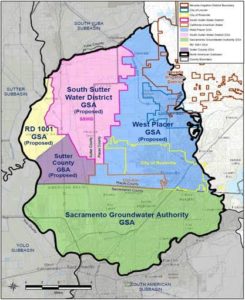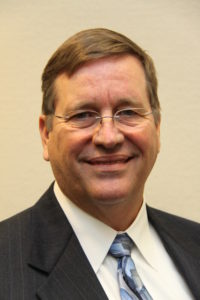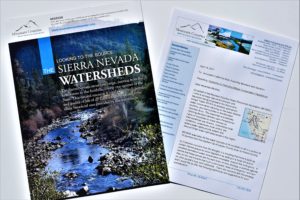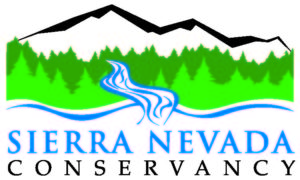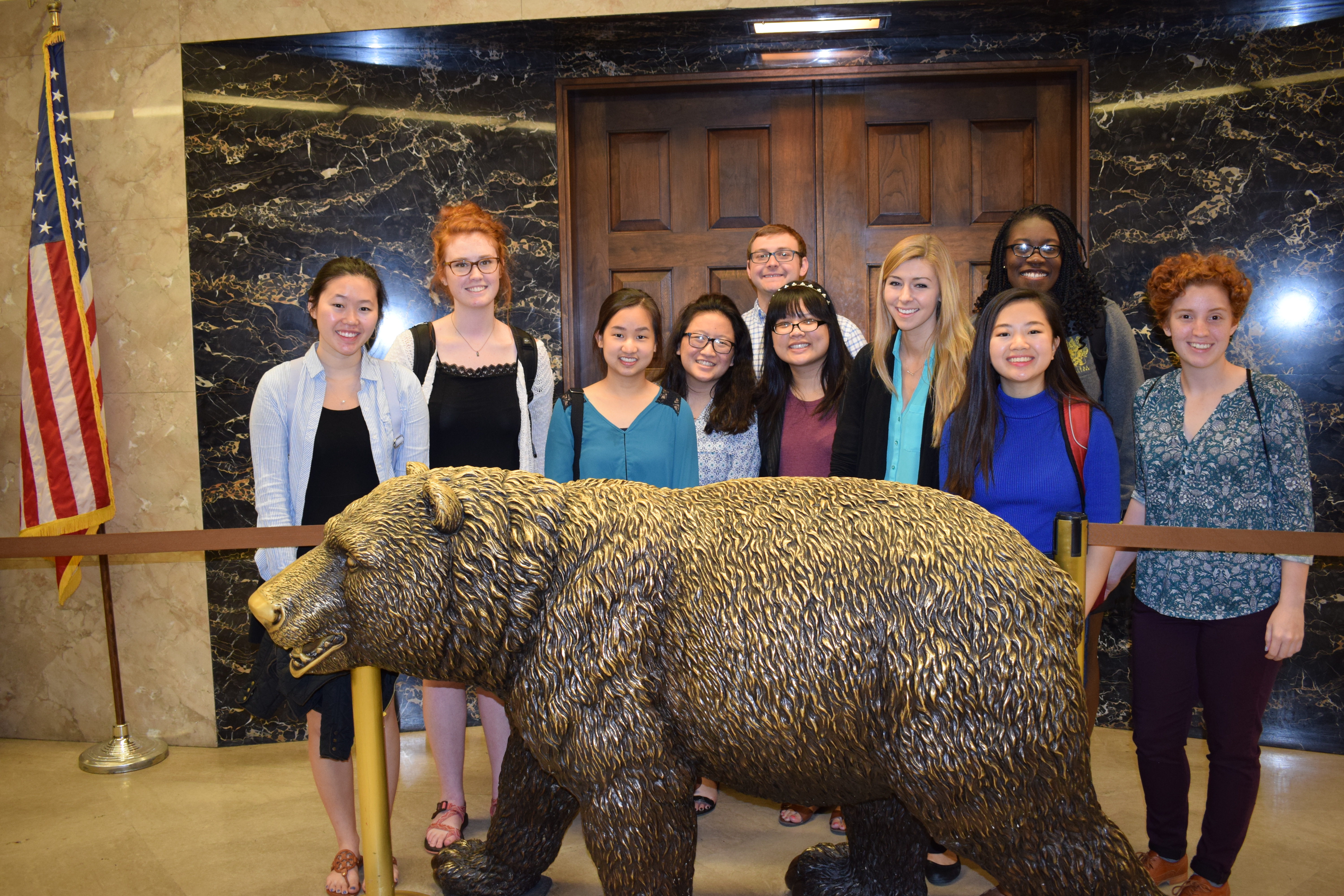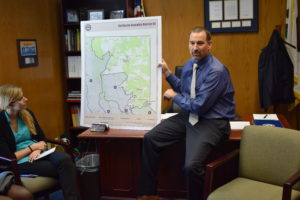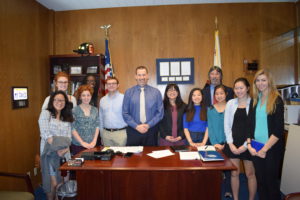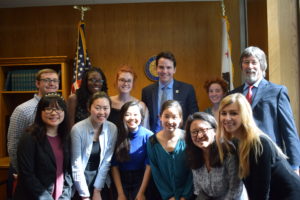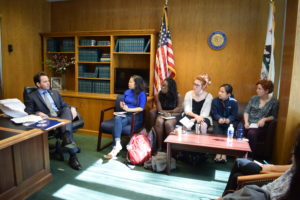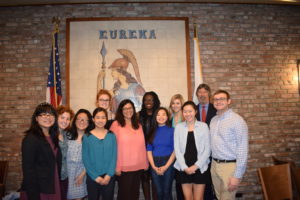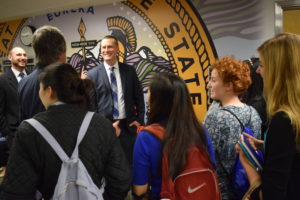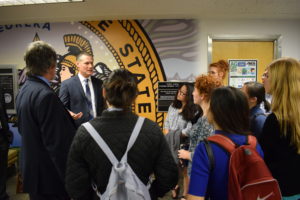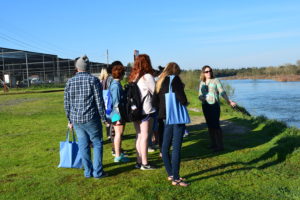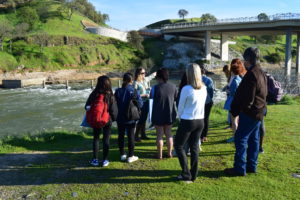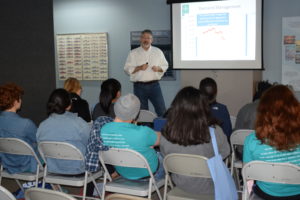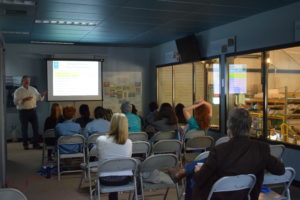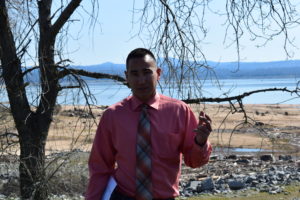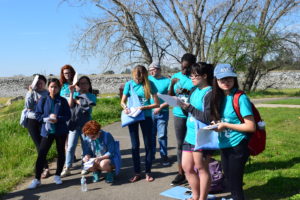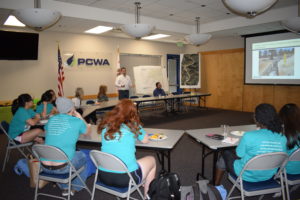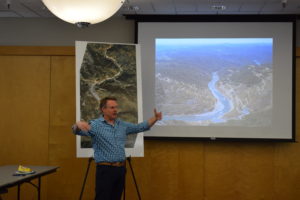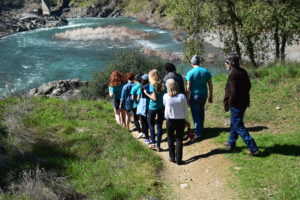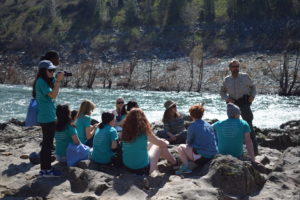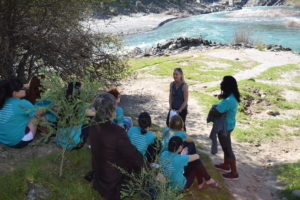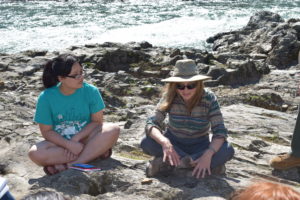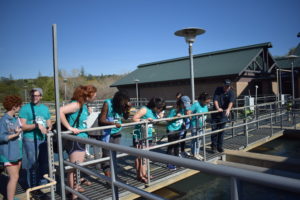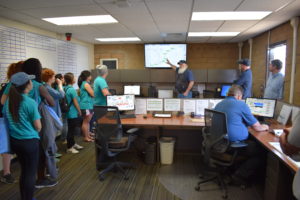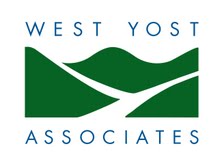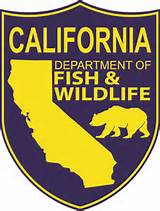PCWA Board votes to join West Placer Groundwater Sustainability Agency
FOR IMMEDIATE RELEASE
Ross Branch, Public Affairs Manager, Placer County Water Agency (530) 823-1937 (office), (530) 863-3130 (cell), rbranch@pcwa.net
AUBURN, Calif. (May 5, 2017) — At the May 4 meeting of the Placer County Water Agency (PCWA), the Board of Directors approved an agreement to join neighboring entities in creation of the West Placer Groundwater Sustainability Agency (WPGSA). Once formed, the WPGSA will manage local groundwater conditions as required by the Sustainable Groundwater Management Act of 2014 (SGMA).
SGMA directs “sustainable groundwater management” for groundwater basins designated as medium- and high-priority by the California Department of Water Resources. The WPGSA will manage a portion of the North American Sub-basin, which has been designated as a high-priority basin.
Other public entities considering participation in the WPGSA include the Cities of Lincoln and Roseville, the Nevada Irrigation District, and Placer County. The Memorandum of Agreement, approved by the Board, initially appoints Placer County as WPGSA’s Administrator, managing activities and contracts, consistent with the budget approved by all parties. California American Water Company will participate in the organization’s activities subject to a separate Participation Agreement and contribute to the budget, but will not be a member of the WPGSA.
Formation of the WPGSA will ensure local control of the water resources, as opposed to the state, and set up the appropriate framework for long-term sustainable groundwater management. Under SGMA, Groundwater Sustainability Agencies must be formed by June 30, 2017. Development and implementation of a Groundwater Sustainability Plan (GSP) is required by the year 2022.
More information about the WPGSA and SGMA is available at www.westplacergroundwater.com.

